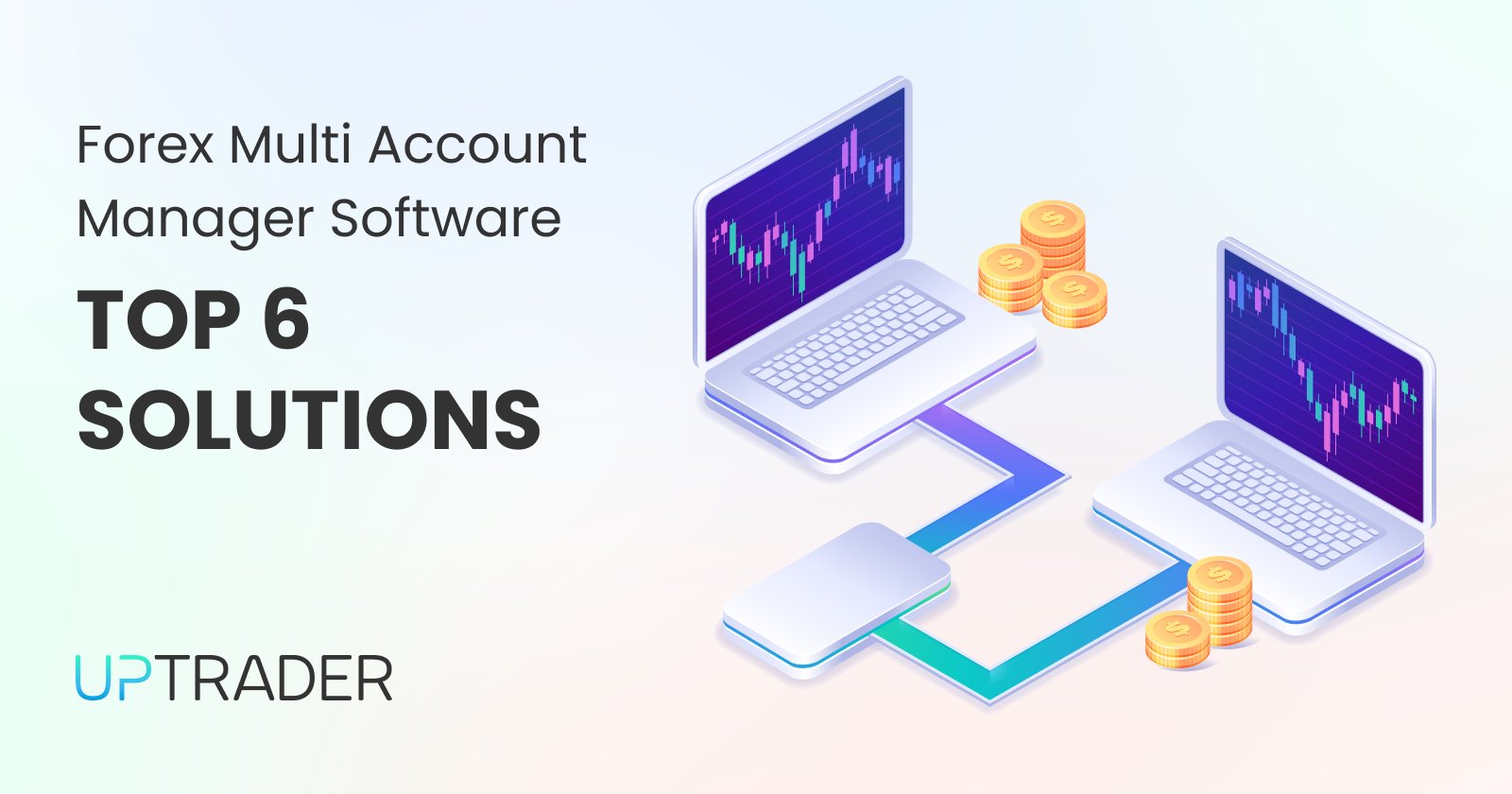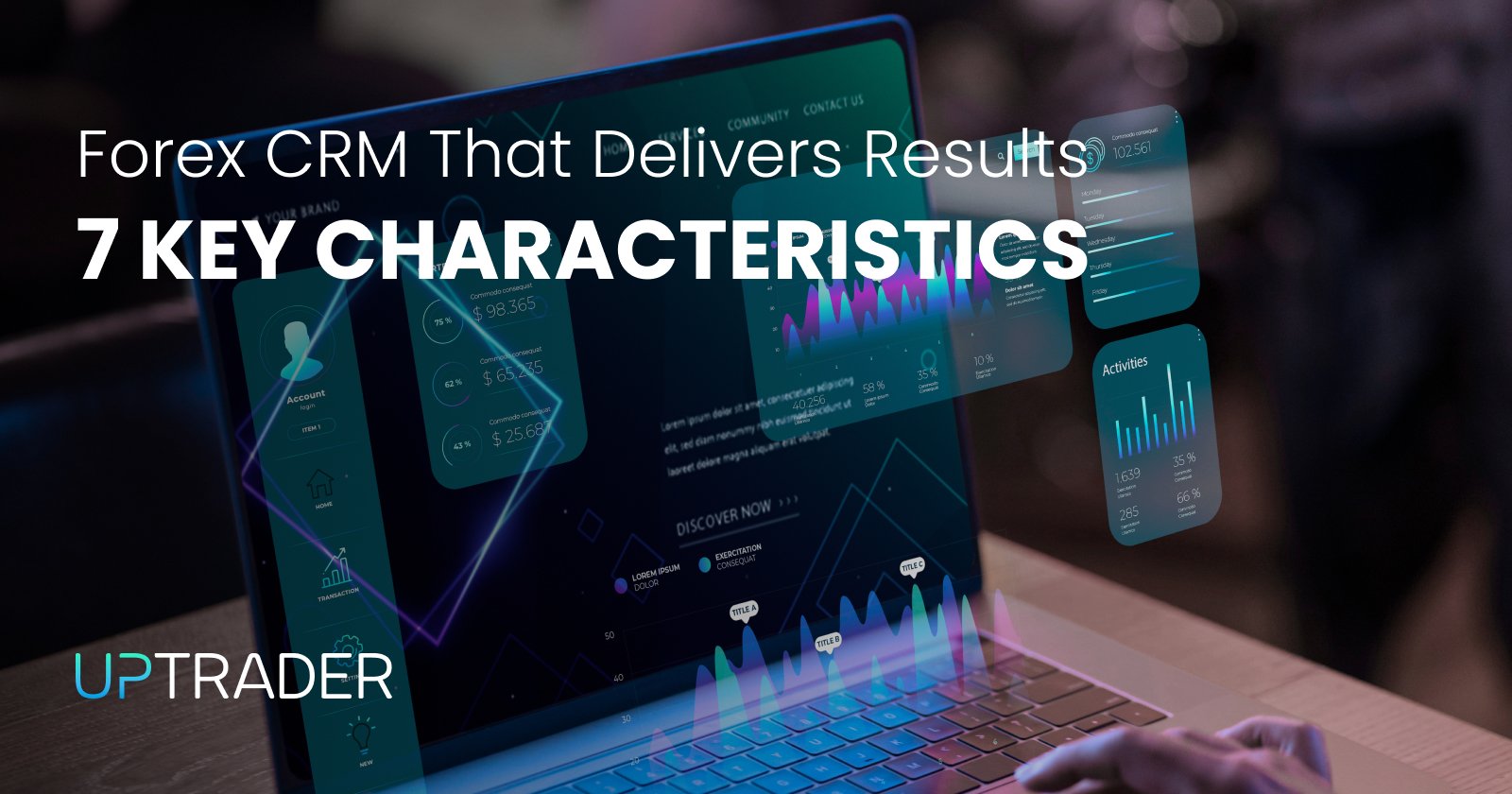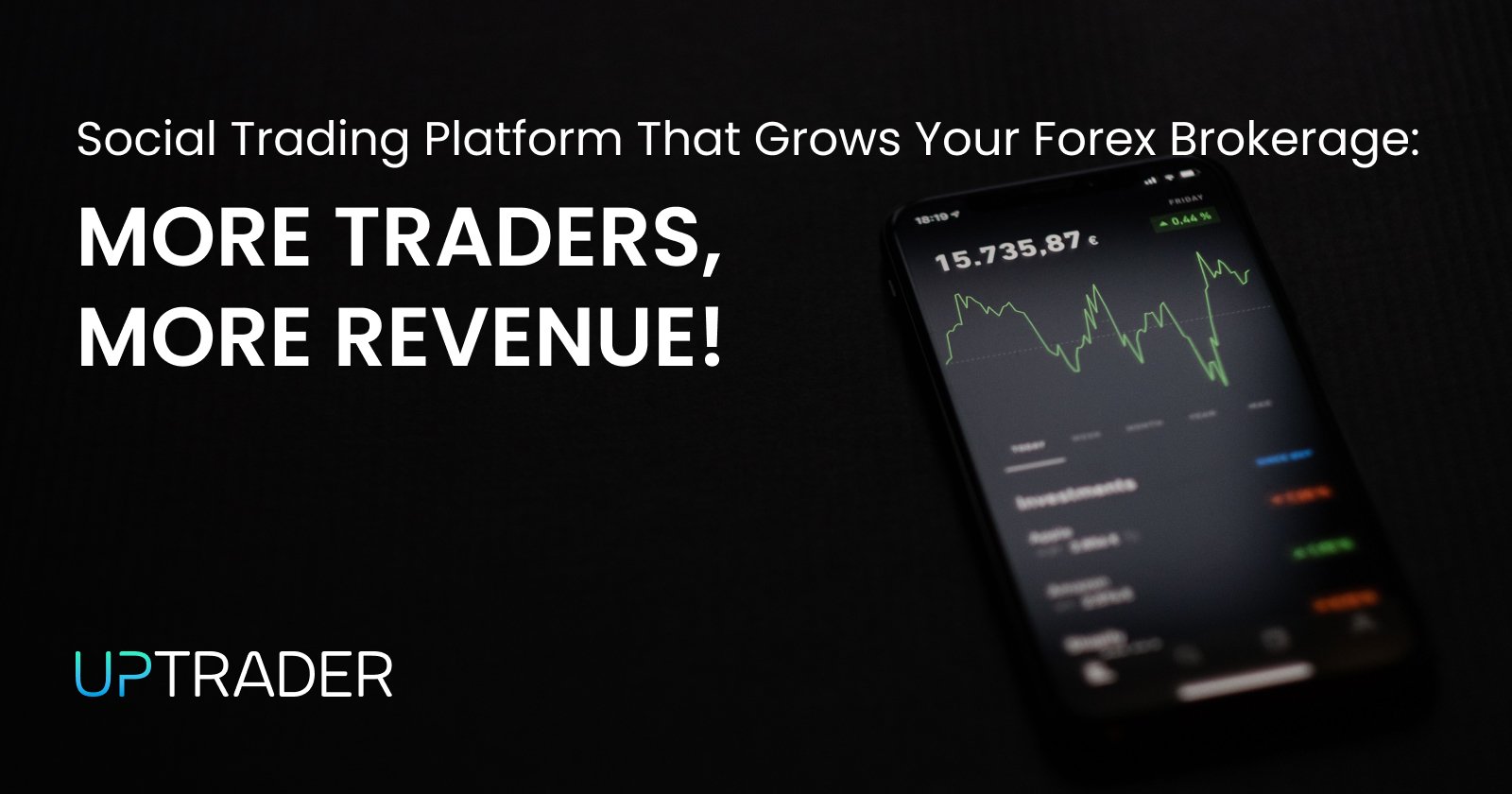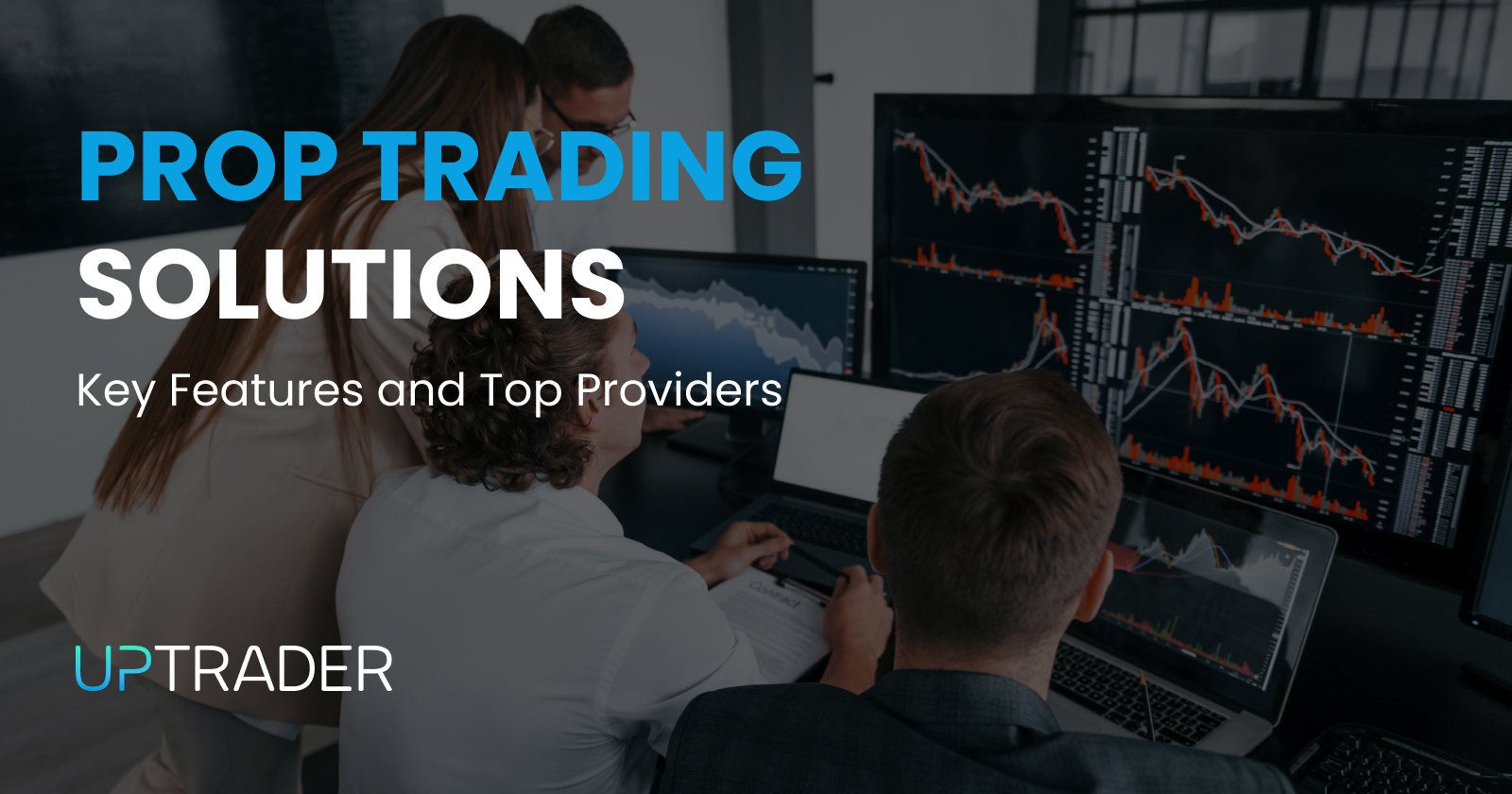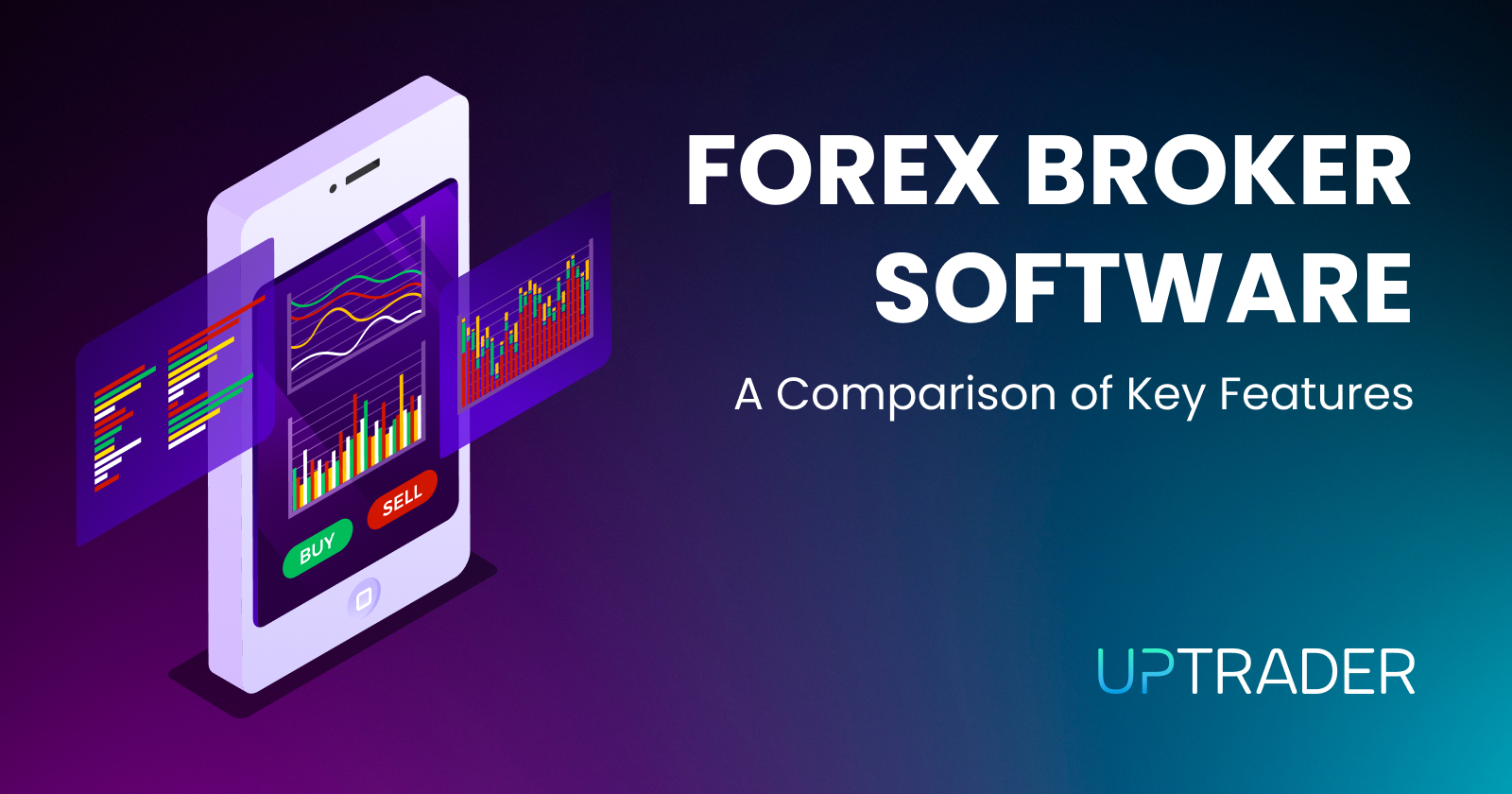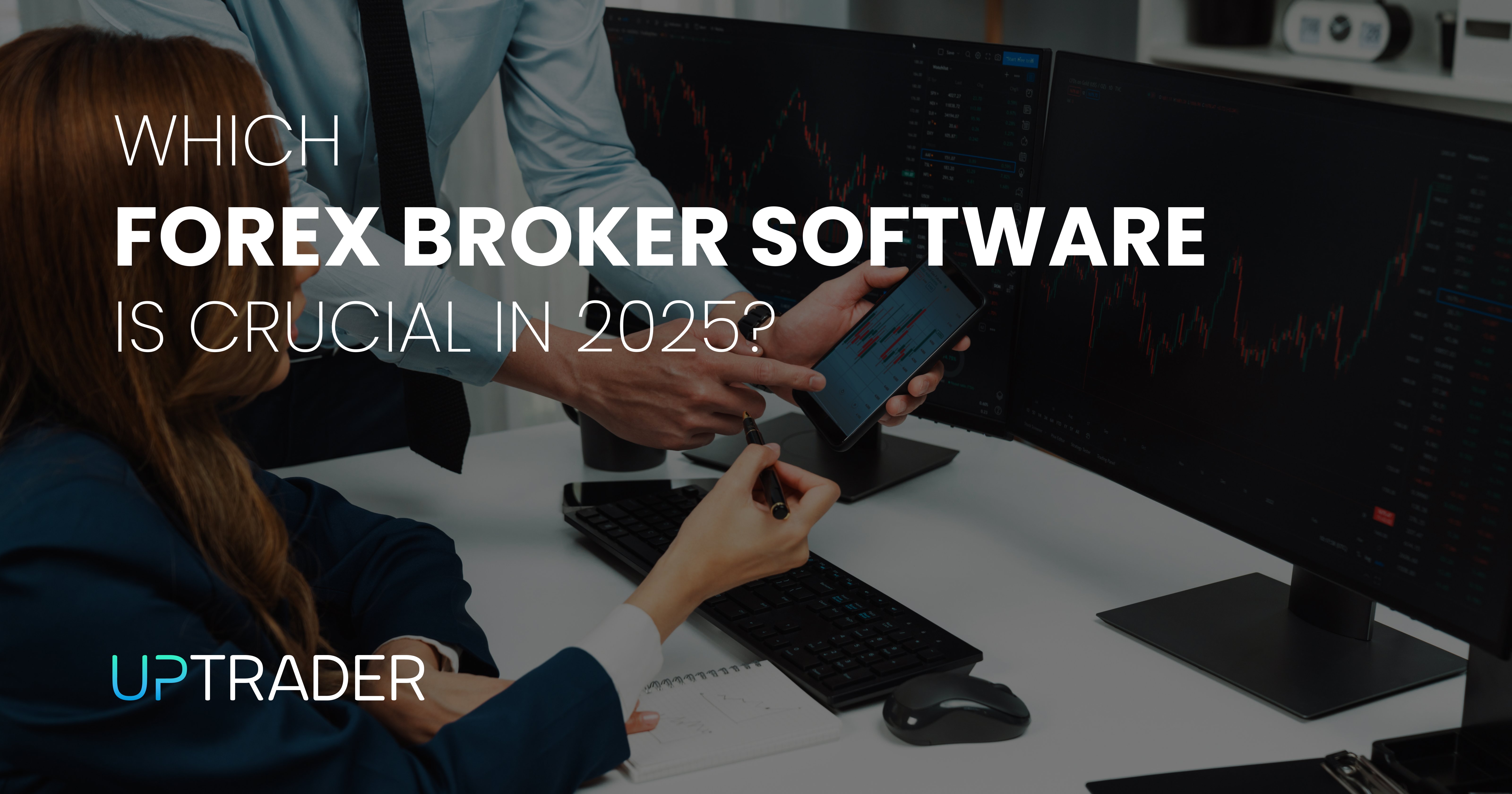
Which Forex Broker Software is Crucial in 2025?
The Forex market, a $7.5 trillion daily turnover behemoth, thrives on speed, precision, and adaptability. In 2025, the right forex broker software isn’t just a tool — it’s the backbone of profitability, compliance, and client retention. With advancements in AI, blockchain, and multi-asset integration reshaping trading ecosystems, brokers must prioritize platforms that blend innovation with reliability. This article explores the critical software solutions defining success in 2025’s forex arena, offering actionable insights for brokers and traders alike.
Core Features of 2025’s Leading Forex Broker Software
The best platforms balance cutting-edge technology with user-centric design. Here’s what sets them apart:
A. Multi-Asset Compatibility
Traders today expect that they can access forex pairs, commodities, cryptocurrencies, and futures from a single interface. Platforms such as UpTrader and Trading Platform 5 are perfect for this. They allow trading in over 1,200 instruments including forex, crypto, and equities. Such flexibility for brokers looking to focus on diversification is essential.
B. AI-Driven Analytics and Automation
Artificial Intelligence isn’t a buzzword - it’s revolutionary. Modern predictive analytics have the potential to accurately predict currency movements with 85% accuracy and suggest strategy recommendations via AI assistants depending on the user’s trading behavior. AI is integrated by SaxoTraderGO to provide real-time insights and limit human error in time-sensitive trades.
C. Low-Latency Execution
In forex, margins are determined in milliseconds. Leading software cTrader and Interactive Brokers' TWS employ top-tier software with high-performance engines that can handle 3,000+ transactions per second while guaranteeing an execution speed of over 10ms. This is a necessity for algorithmic and scalper traders.
D. Regulatory Compliance and Security
Due to the increasing regulation worldwide, compliance tools must be embedded in such platforms. For example, UpTrader and Coinbase Cloud automate KYC/AML checks and use end-to-end encryption to limit the chances of fraud. Adding blockchain can increase transparency further by providing logs of immutable records of transactions.
E. Scalability and Cloud Integration
In 2025, the infrastructure will be dominated by cloud-native solutions. Brokers such as IG and Saxo are relying on backend clouds to manage inflating traffic during periods of volatility. Doing this reduces downtime by a staggering 40% when compared to other solutions.
Top Forex Broker Software Solutions for 2025
Here’s a breakdown of platforms redefining the industry:
A. UpTrader: The CRM Powerhouse
UpTrader is pioneering in CRM systems and trading infrastructure. UpTrader CRM is an all-in-one solution aimed at Forex brokers, prop firms, and investment companies. They help clients with effortless management, integration payments, and multi-level IB systems. Moreover, clients can use a variety of trading platforms. UpTrader CRM uses industry-leading technologies to help brokers automate more operations, scale faster, and boost their efficiency and profitability.
B. Trading Platform 5
While Trading Platform 4 is still popular in the industry, Trading Platform 5 holds the larger market share from 2025 onwards comprising Multi-Asset support, 21 timeframes, and a built-in economic calendar. Multi-asset traders love it because of the MQL5 scripting language which opens the window for sophisticated algorithmic instructions to be composed easily.
C. SaxoTraderGO: The Institutional-Grade Suite
Saxo’s platform is a perfect combination of simplicity and sophistication, having integrated TradingView charts, it makes it easily accessible to 70,000+ instruments. The best feature is the recent democratization with a zero minimum deposit on classic accounts, which provides professional tools like order book Level II.
D. Interactive Brokers’ TWS: The Quant Trader’s Playground
TWS has something special for high-volume traders, which is an advanced suite that includes 127 technical indicators and an “Ultra Tight Spreads” offer that sets the spread of the PJM ex-rate from 0.19 pips on EUR/USD. The proprietary API has a direct connection to 150 markets, making it an optimal choice for Arbitrage approaches.
E. cTrader: The Retail Trader’s Ally
With its sleek interface and cAlgo automation, cTrader attracts retail users. Features like detachable charts and one-click hedging simplify complex trades, while FIX API integration ensures institutional-grade liquidity.
Emerging Trends Reshaping Forex Software in 2025
A. AI-Powered Back-Office Systems
Back-end platforms now use AI for fraud detection, client onboarding, and personalized reporting. For example, UpTrader’s CRM segments clients based on trading behavior, boosting retention by 30%.
B. VR/AR Trading Environments
Pioneered by fintech startups, virtual reality dashboards let traders visualize EUR/GBP trends in 3D. While nascent, platforms like NinjaTrader are experimenting with VR charting for immersive technical analysis.
C. ESG Integration
Sustainable investing isn’t optional. Software like CMC Markets’ Next Generation now tracks carbon footprints of trades, aligning with EU’s SFDR regulations. Brokers using ESG metrics report 25% higher client trust scores.
D. Decentralized Finance (DeFi) Bridges
Platforms like Binance Broker API enable forex-crypto arbitrage via decentralized exchanges. Traders can short Bitcoin while going long on USD, capitalizing on volatility without intermediaries.
Choosing the Right Software: A Broker’s Checklist
- Regulatory Alignment – Make sure that the platform meets the local guidelines of MiFID II and CFTC.
- Cost Efficiency – Assess spreads (IG offers 0.98 pips on EUR/USD) against commissions (Interactive Brokers charge 16 - 40 per million).
- User Experience – Examine mobile support responsiveness. Exness Terminal and IG’s have the lead with mobile apps and support at any time.
- Integration Capabilities – Select APIs integrating with the CRM, liquidity providers, and payment channels.
- Scalability – Cloud-based solutions like Coinbase Cloud handle 10x without any lag.
Conclusion and Final Thoughts
The Forex Broker software of 2025 doesn’t just restrict itself to execution, but performance and features. Some will miss out on chances as the Brokers that harness AI for data analysis, multi-asset flexibility, and compliance will rule the land. The reality is simple: consistently flex your position, regardless if you're helping a broker grow internationally, or simply looking for the next opportunity - your competition will be ruthless if you sit back and do nothing.
If you're interested in taking advantage of facilities like CRM solutions, MAM and PAMM programs, Affiliate Programs, and Copy Trading platforms, speak to a consultant at our site and try UpTrader today.





